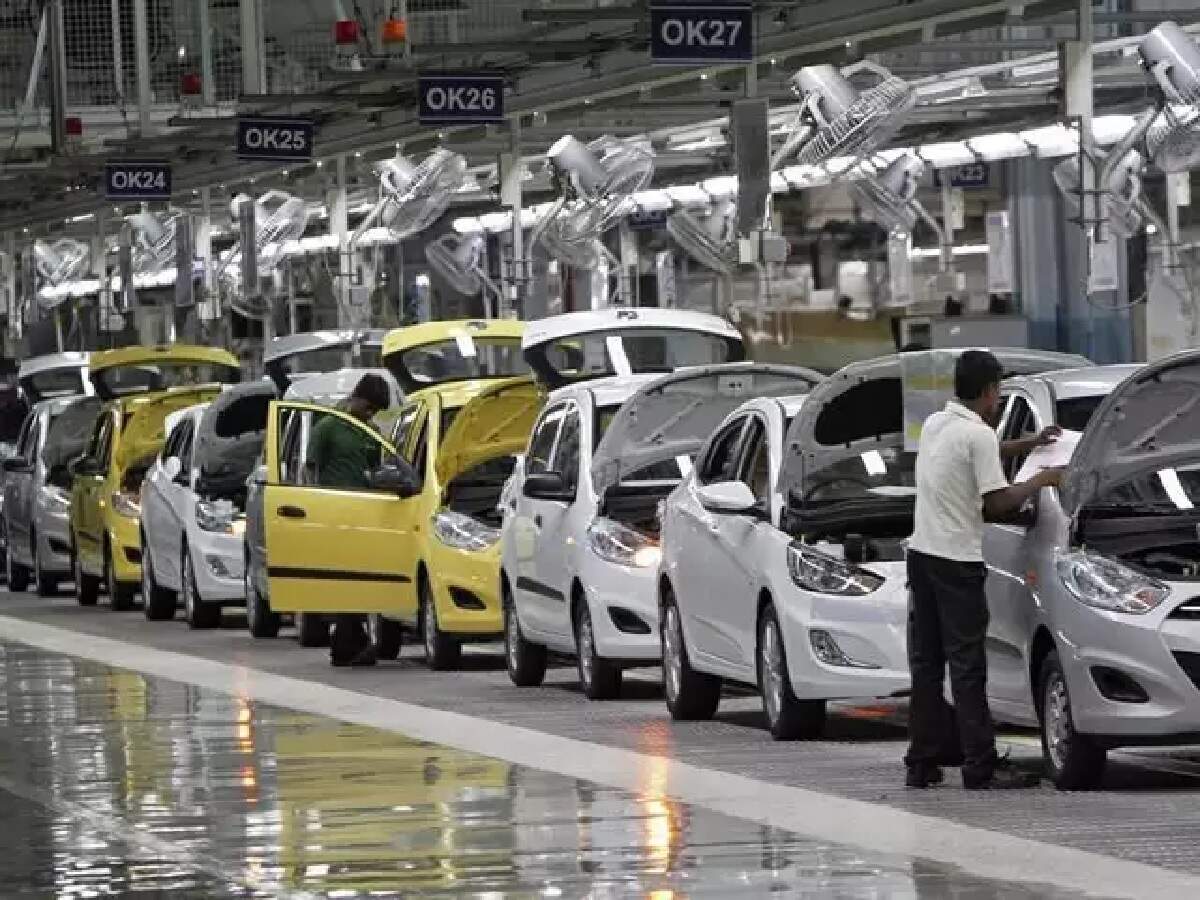
NEW DELHI,: India is drawing up an incentive scheme for the autos sector aimed at doubling exports of vehicles and components in the next five years, four sources with direct knowledge of the matter told Reuters.
The Department of Heavy Industries (DHI) has sought feedback from auto industry groups on the initial proposal, which suggests giving incentives over five years to increase local production and procurement for export, the sources said.
The incentives would be based on the sales value of vehicles or components and eligible companies would need to meet certain conditions, including a minimum revenue and profit threshold and presence in at least 10 countries, two of the sources said, adding the form the incentives would take had not been decided.
DHI did not immediately respond to a request for comment.
India’s auto sector exports touched $27 billion in the fiscal year ending March 2019, led by companies including Ford Motor,
Hyundai Motor, Maruti Suzuki, Volkswagen and Bosch~
The move is part of India’s effort to create ‘champion’ sectors to attract investment, generate jobs and boost manufacturing, and comes amid calls by Prime Minister Narendra Modi to be self-reliant as a nation.
India wants to promote exports and has identified some sectors, including autos and textiles, for which incentive plans are being designed, said a senior government official.
“For autos the government has engaged with various stakeholders. We have to see what needs to be done in the global context,” said the official, adding that even though talks are in early stages and details have not been finalised there is a plan to give a “big push” to the sector.
India’s auto sector exports touched $27 billion in the fiscal year ending March 2019, led by companies including Ford Motor, Hyundai Motor, Maruti Suzuki, Volkswagen and Bosch, which analysts say stand to gain the most.
The push, however, comes at a time when auto sales globally have been battered because of the coronavirus pandemic and demand may take a while to recover.
To make it a success in the present scenario, India needs to ensure the proposal is not complicated by too many conditions and is not based on sales targets, said Vinay Piparsania, consulting director, automotive, at Counterpoint Research.
“Having a liberal trade policy will allow companies to bring in new and global technologies which will increase their scale and India’s competitiveness as an export hub,” he said.
LARGE COMPANIES
The initial scheme has been designed to incentivise large companies and in turn benefit smaller players in the supply chain, making the auto sector more competitive overall, one of the sources said.
To be eligible, automakers must have revenues of at least 100 billion rupees ($1.3 billion) and an operating profit of at least 10 billion rupees ($131 million) in three of the last five years, one of the sources said, adding they must also have earnings from outside India and commit to spending on research.
The terms for auto part makers are the same except that the revenue and profit thresholds are lower, at 20 billion rupees and 2 billion rupees, respectively, the person said.
One proposal is to have a production-linked incentive under which companies will get benefits proportionate to the distance between the factory and point of sale to compensate for higher warehousing and logistics costs, said the source.
Another proposal is to give incentives to increase production of specific car models but only if 80% of them are exported, the person said.
Inputs on this have been sought from trade bodies such as the Society of Indian Automobile Manufacturers (SIAM) and Auto Components Association of India (ACMA), the sources said.
SIAM, ACMA did not respond to emails seeking comment.
Also Read: Auto sales may see more than 70% drop in Q1 FY21